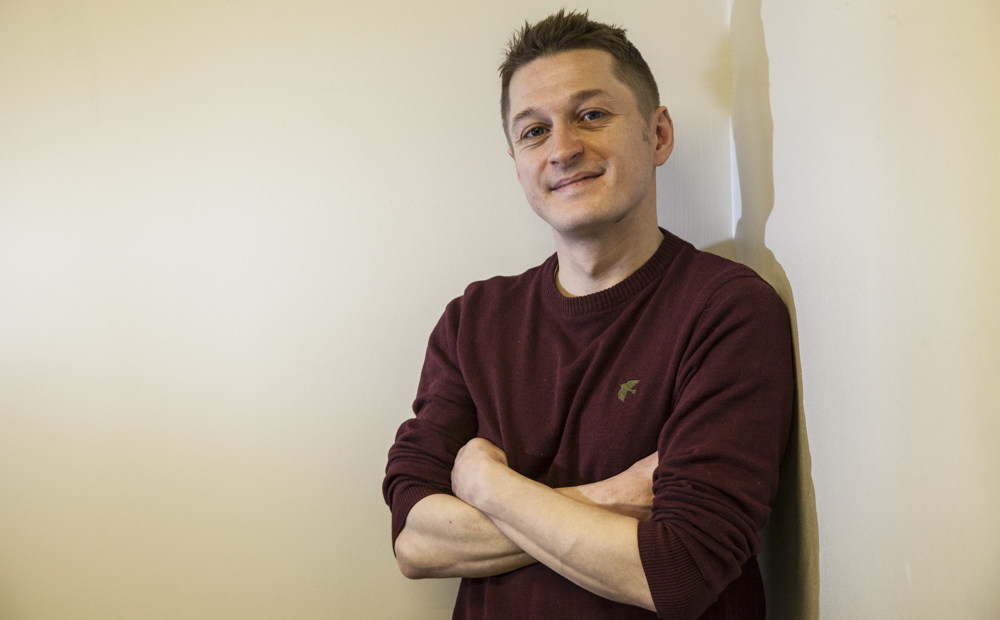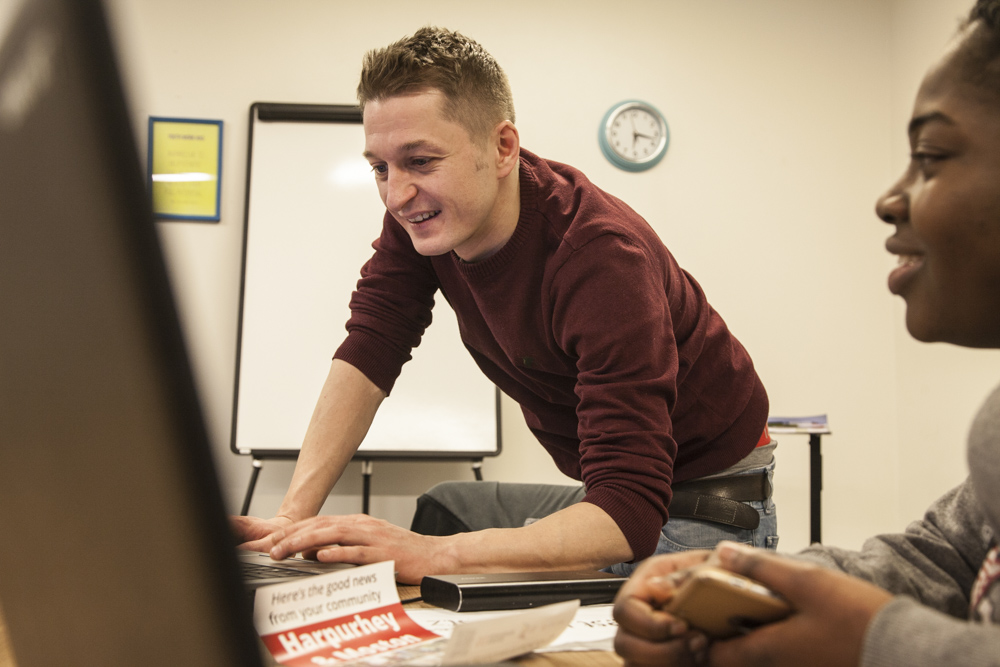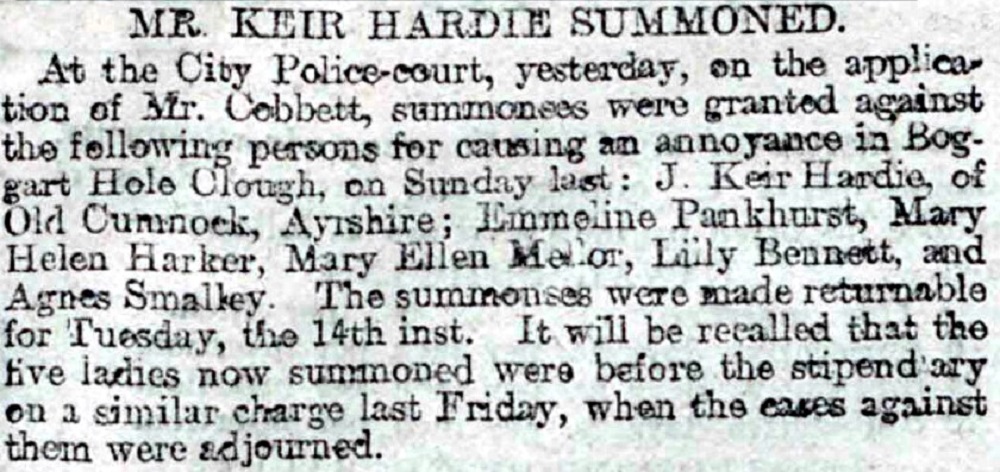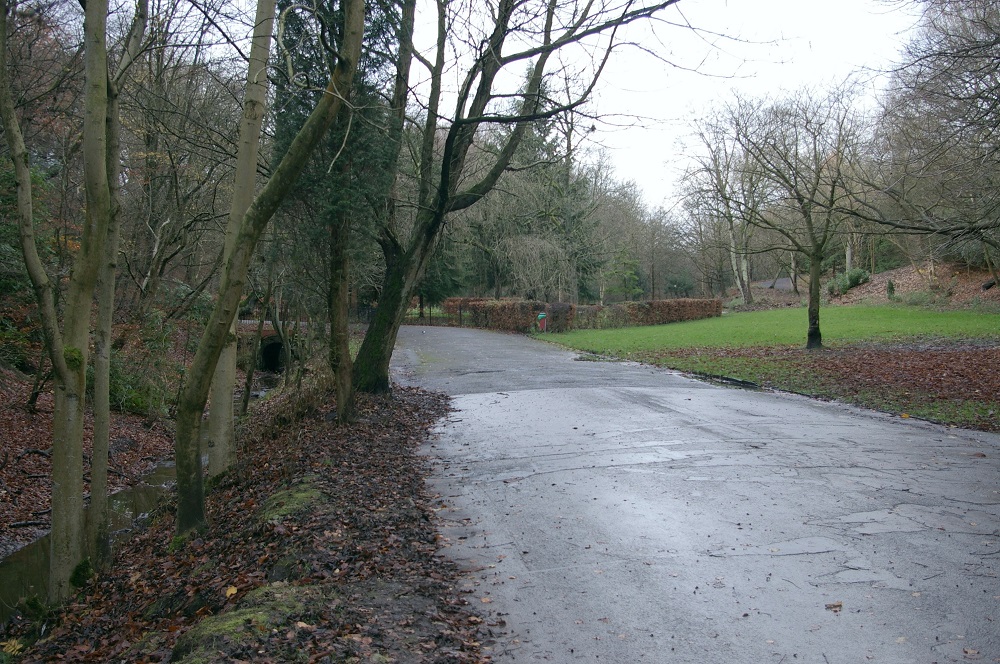Another Music writers Len Grant and Trish Beddow visit The Agency where young dreams really do come true.
He’s been running this project for five years now but Steve’s enthusiasm is still infectious. He’s seen how The Agency makes a difference to young lives.
Tonight is one of their regular Wednesday evening sessions at the Factory Youth Zone in Harpurhey and, before it all starts, I ask, “Can you describe what The Agency is?”
“We’re a youth entrepreneurial scheme,” explains Steve, “working with young people in Harpurhey and Moston to develop businesses, social enterprises, community projects: anything they’re passionate about and feel their community needs.”
Steve Vickers works for Contact Theatre in Manchester and The Agency is a concept developed in the favelas of Rio de Janeiro by a theatre maker and journalist. In Brazil the scheme is supported by Ford Motors in the US and works with hundreds of young people.
“In the UK, the Battersea Arts Centre runs projects in two London boroughs and next year we’re expanding to Cardiff and Belfast,” says Steve.
“There are other low income communities in Manchester, why did you pick Harpurhey and Moston to work in?” I ask.
“We have some history of working in this area. We took over the old Co-op in Moston for a week in 2011 for an arts workshop. And when we started there were lots of negative headlines – that horrible TV documentary was out – so we thought we could make a difference.”
Each autumn since then The Agency has recruited 20 young people to take part in a competitive process that ends up with three of them being given intensive mentoring – and £2,000 each – to realise their project.
“We work through an artistic methodology in the first three months,” explains Steve, “where they develop their ideas in preparation for a pitch to a panel of community leaders and industry experts.”
“How do you find the young people in the first place?” asks Trish.
“A lot of hanging out, at first,” says Steve, “and going into schools, lots of outreach. Now I employ some of the young people who’ve been through the process to help me recruit. They’ll have better networks than me.”
“What happens to those who don’t make it through the panel process?” I ask.
“That’s the hardest part,” admits Steve. “But there are options. They can join one of the funded projects and help with say, marketing; they can continue with their idea and we’ll signpost them other support; or they can try again next year and some have been successful with that.”
Over the past five years The Agency must have produced some amazing success stories. Steve falters when I ask him to choose just one to tell us about.
“Oh, there are many,” he says. “I can tell you about Aaron. He was passionate about computer coding. He set up and delivered a series of 12 workshops for other young people – each one packed – and went on to get a job at The Co-op’s head office. He’s now been funded by the Council to run more workshops and has a place at Oxford University.”
“So tonight, at this part of the process, you’re working with the three winners? Perhaps we can interview each of them?”
“Sure,” says Steve. “These young entrepreneurs are just about to start their delivery phases and we’ve been pairing them with experts in marketing, finance and branding. It’s their own journey but we help facilitate it.”
In a upstairs meeting room we’re introduced to Aneka, Dapo and Faidat. We tear each away from their laptops and discussions with tonight’s mentors to find out about their projects.
Read about their amazing ideas in “So, what’s your idea?”


 Short article in the Manchester Courier, 9 July 1896
Short article in the Manchester Courier, 9 July 1896  Location of the former drinking fountain and refreshment rooms in Boggart Hole Clough, possibly the site referred to for the 1906 meeting
Location of the former drinking fountain and refreshment rooms in Boggart Hole Clough, possibly the site referred to for the 1906 meeting